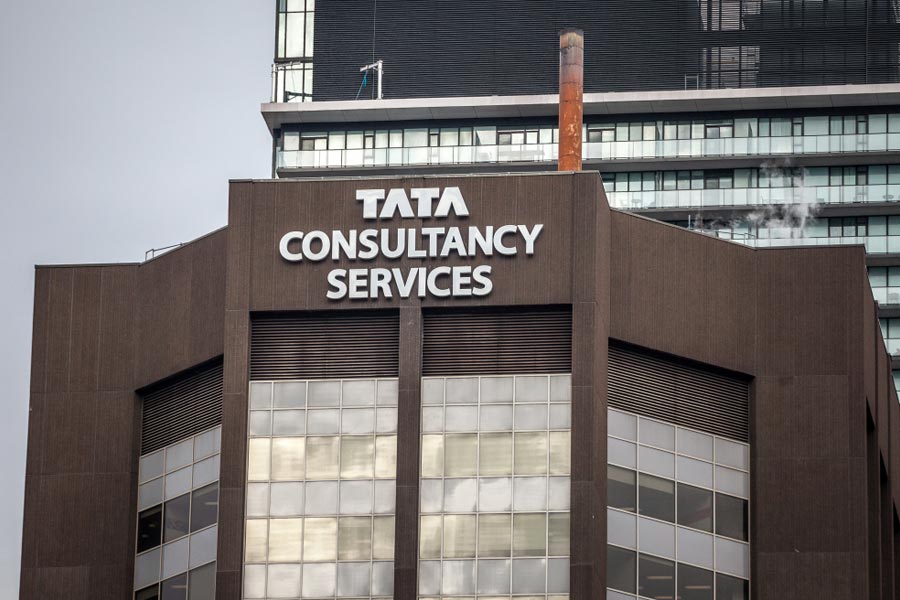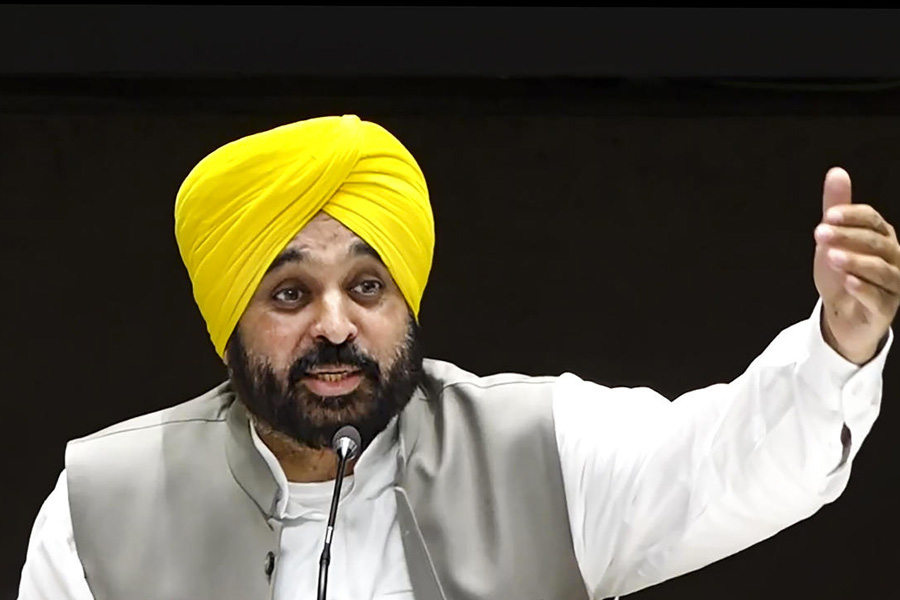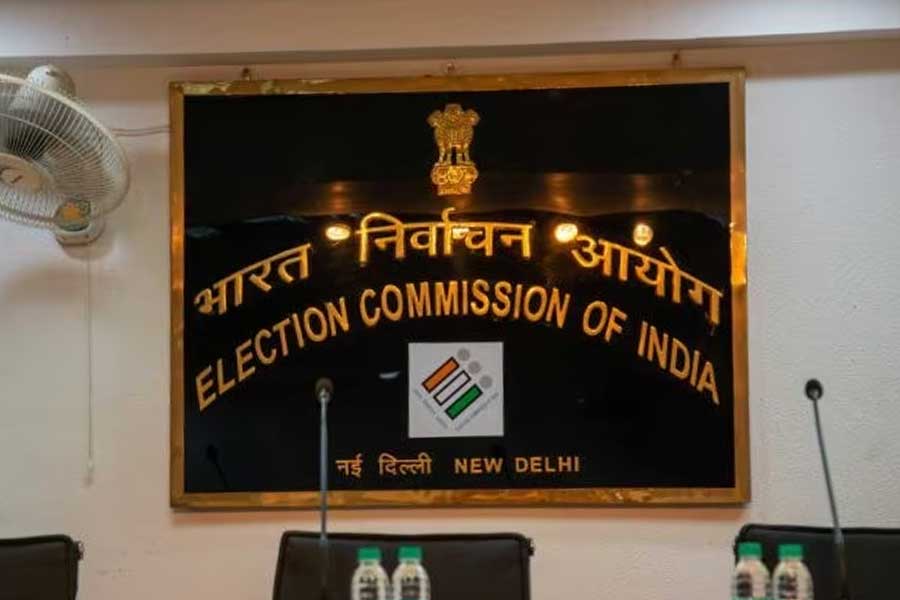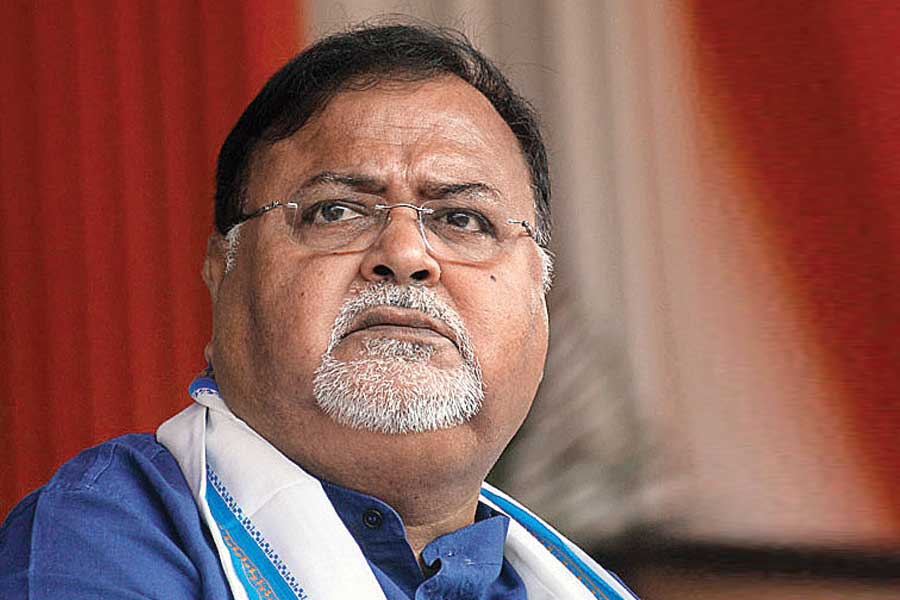An overwhelming 81 per cent of chief executives and senior leaders have pitched for a global set of regulations and standards on artificial intelligence, a survey by TCS said on Wednesday.
The survey of 1,300 leaders from companies having over USD 1 billion in revenue each was, however, not so clear on the impact of AI on jobs and showed mixed expectations.
According to the survey, respondents have advocated ethical AI frameworks that guide responsible use, especially in sectors where AI decision-making impacts significant socio-economic factors like healthcare and finance.
"Interestingly, an overwhelming 81 per cent of the leaders polled have asked for a more 'global' set of regulations and standards on AI," TCS chief executive K Krithivasan said in his foreword to the report.
Only 4 per cent of the respondents in the survey carried out this year felt that it is too early or unnecessary to regulate AI, while 14 per cent said they prefer a "heterogeneous environment" of local regulations.
It can be noted that the issue of regulations on AI has been widely discussed for the last few years, ever since its wider role in human life became evident, especially after the launch of generative AI tools.
"As AI systems begin to replicate complex human decisions, the imperative to ensure these technologies operate within ethical boundaries grows stronger," the TCS survey said.
The use of generative AI has also presented other challenges, including security and privacy, lack of IT readiness wherein many organisations are under-equipped, talent development and also cultural shifts, it added.
Interestingly, when it comes to the crucial question of AI's impact on job creation, 49 per cent of the executives said AI will increase or have no impact on the number of job roles created, while 47 per cent said they expect more roles to be eliminated than to be created.
About 45 per cent of the respondents said they believe up to half of their employees will use Gen AI daily in three years.
Nearly two-thirds of the business leaders surveyed said that "human creativity" or strategic thinking will remain their company's competitive advantage.
The survey of executives across 24 countries and 12 industries had 86 per cent of respondents, saying that they have already deployed AI to enhance revenue.
"Enterprises, however, are realising that the path to production for AI solutions is not easy and that building an AI-mature enterprise is a marathon, not a sprint," TCS chief technology officer Harrick Vin said.
Except for the headline, this story has not been edited by The Telegraph Online staff and has been published from a syndicated feed.











